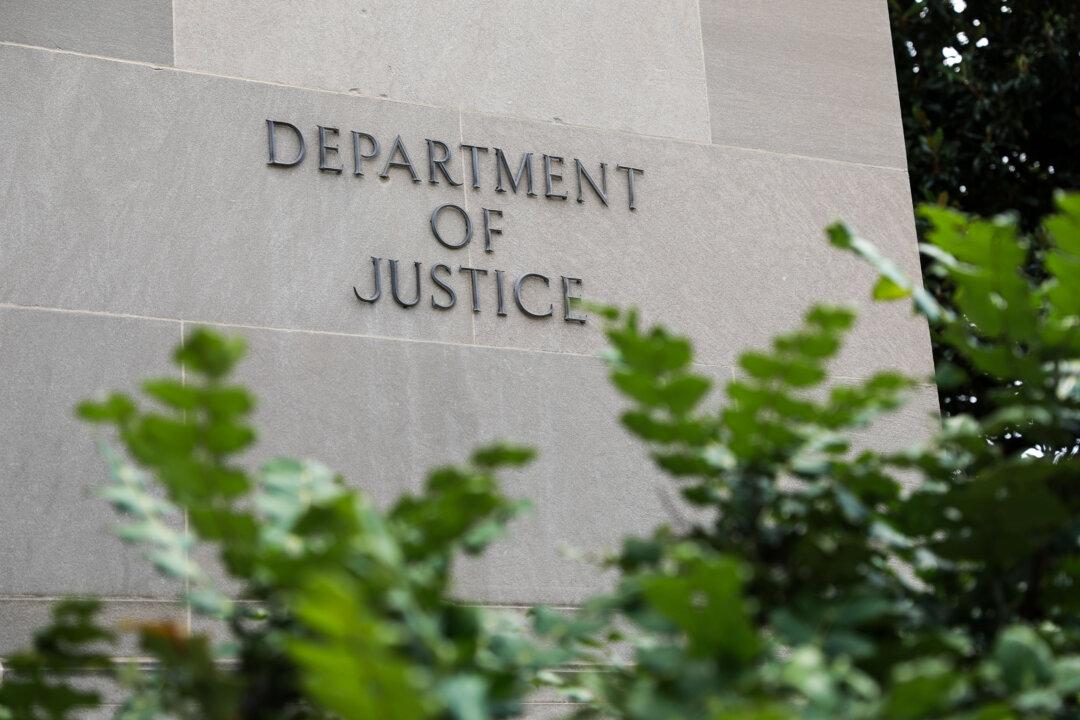Maine’s order requiring out-of-state residents to self-quarantine prior to entering campgrounds, a requirement that does not apply to state residents, is discriminatory and violates constitutional rights, the Justice Department (DOJ) said.
The DOJ made the arguments in a statement of interest (pdf) filed on Friday in a lawsuit pending in a federal court filed by campground and restaurant owners as well as individuals in Maine, who are asking the judge to lift Maine Gov. Janet Mills’s executive order.




